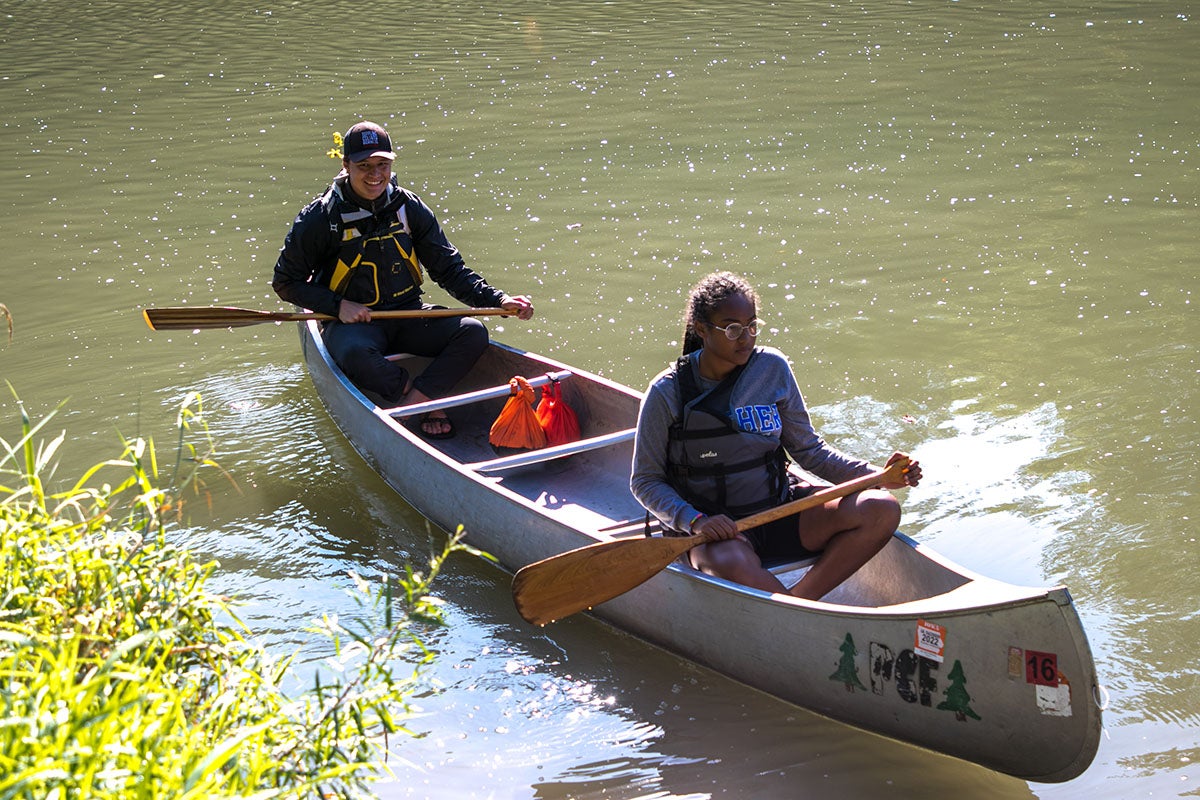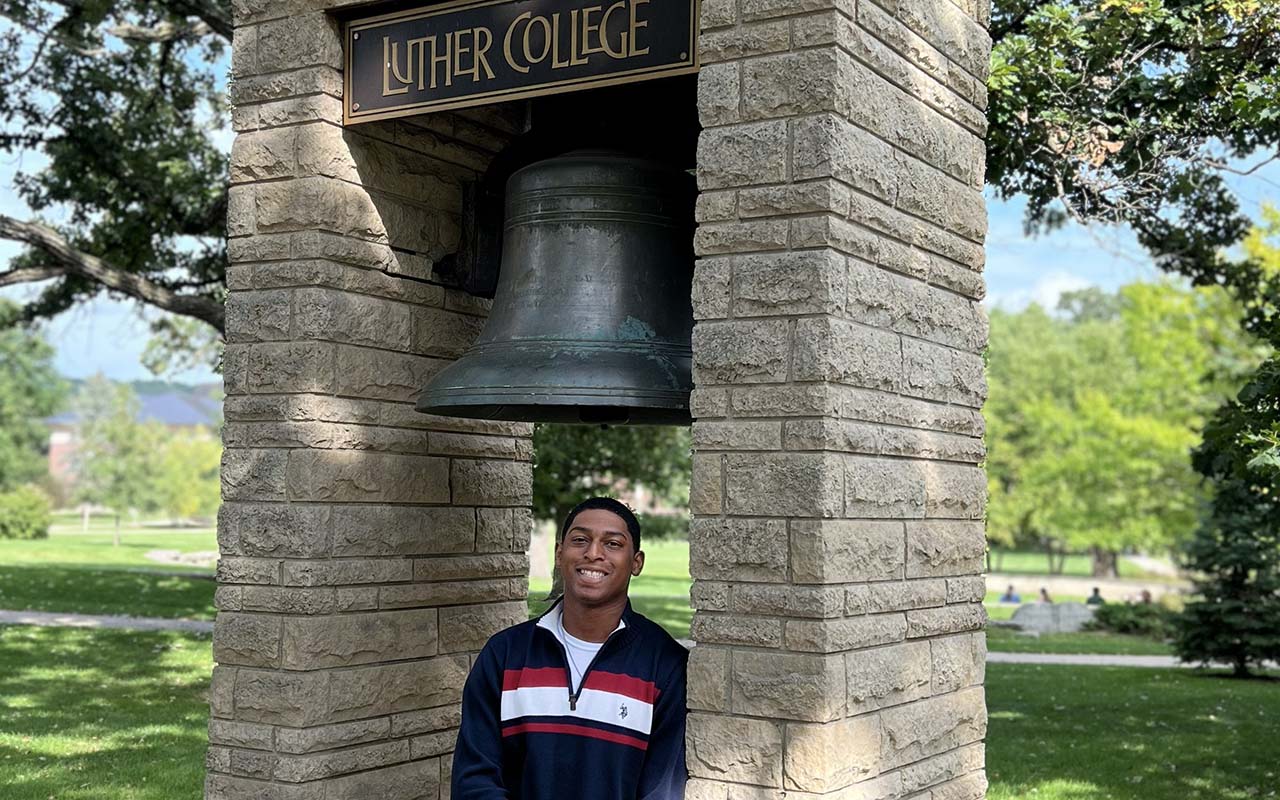What Is Your Role in Equity and Inclusion?
College life for some of us is the most diverse community we have ever experienced. For others it is the first time we have been in a predominately white environment. Either way, academic institutions are addressing equity and inclusion with more fervor than they perhaps ever have.
College Campuses Strive for Inclusive Excellence
Attention to first-generation students, students with different abilities, peoples of color and LGBTQIA identified folks is being addressed on some campuses for the first time or in new ways. Part of the shift is demographics—more college-aged students, or 18-24 year olds, are non-white today than previously. “Othered”—identities are increasingly finding their voice and addressing their rights. Political persuasions are increasingly heightened and in the news. College campuses have to confront difference in the classroom and on the campus because it is increasingly apparent that we live in a diverse and global world.
Inclusive excellence is the goal of most campuses, meaning that an inclusive campus for all is the best policy to ensure success for all students. What does that mean for you? What is your role in campus equity and inclusion?
How It Happens
First of all, it means the campus and the college should be prepared to meet you where you are at. It should welcome you with all your strengths and challenges. You should see yourself represented in the campus culture and in the course curriculums. You should see yourself reflected in the faculty, the administration, and in the student body.
Inclusive excellence also requires you to be brave, to speak up, to listen, to risk, to share and to learn. It means modeling democratic citizenship and civil discourse. It means respect and care for our classmates and their ideas, asking probing questions without judgement, and listening. It is imperative that we hear not only the words but where our classmates are coming from, to listen for their experience of lived reality, and to honor that experience. We do not have to agree with, but rather hear our classmate’s positions.
I tell my students to approach the classroom with courage and curiosity about self and others. We will not shrink from or avoid controversy. We will have difficult conversations. We will welcome discomfort as a pathway to learning and growing in our humanity. As Cynthia Occelli wrote, “For a seed to achieve its greatest expression, it must come completely undone. The shell cracks, its insides come out and everything changes. To someone who doesn’t understand growth, it would look like complete destruction.” In other words, change or growth means being uncomfortable. Education means we will challenge what we think we know in order to know more.
Creating a Healthy Dialogue
So we must examine our own experiences as they contribute to our beliefs about what we know, what we believe to be truth and reality. Our lived experience situates our knowledge. We must also work to understand that others knowledge is also situated in their life experiences. Inclusive excellence means accepting others’ experience as real even if we disagree about “truth.” Our shared goal is to hear multiple perspectives, honoring lived experiences of these perspectives, and interrogating ideas, not individuals. Healthy dialogue manifests with respect and care. Critical thinking allows acknowledging multiple perspectives and using evidence to evaluate outcomes as basis for our positions. This builds inclusion and equity.
Related Posts

Each year, Luther College offers an outdoor pre-orientation program called Endeavor Together. This program helps new Luther students build community, confidence and a sense of belonging before the fall semester begins.

If you are the first in your family to attend college and have the goal of completing your college degree, you are facing a lot of transitions in life. On Friday, Nov. 7, 2025, first-generation college student Geremiah Brown ’26 spoke for the Luther chapel service. Inside College Admissions brings you his story to encourage you in your college journey.
Admissions Office
Luther College
700 College Drive
Decorah, Iowa 52101
Phone: 563-387-1287